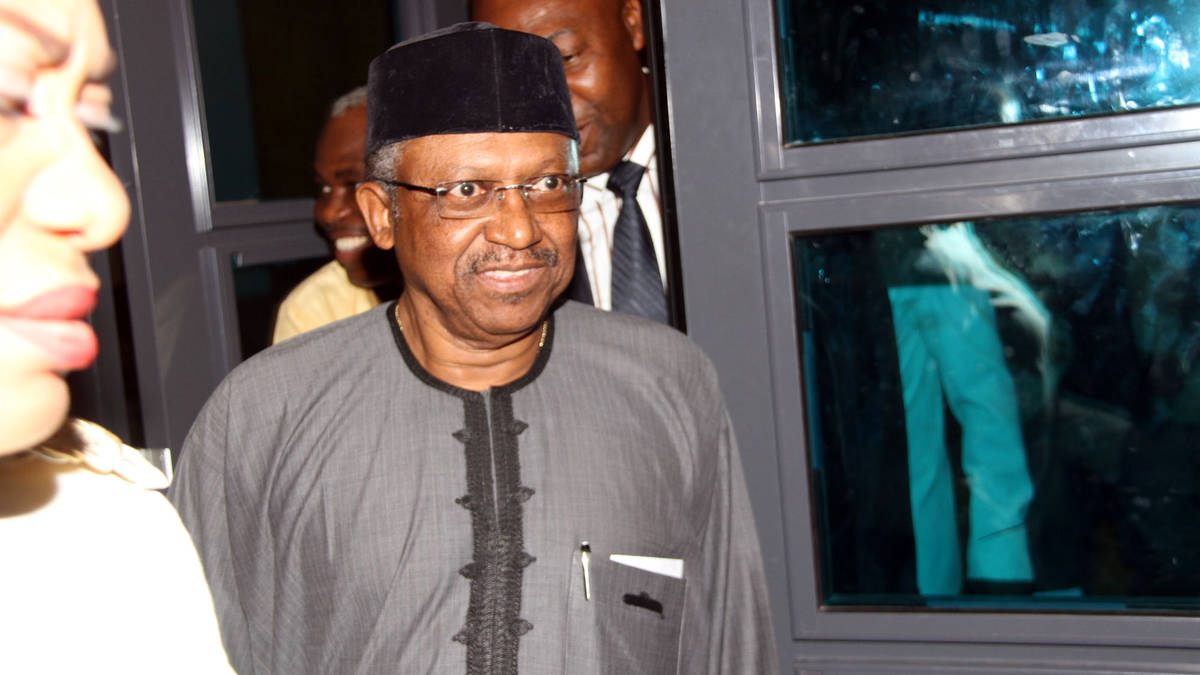- N11b Budget for Aso Clinic Beyond Me, Says Minister
The Minister of State for Health, Professor Osagie Ehanire, yesterday, disclosed that the State House Clinic and its N11 billion budget do not fall within the sphere of his influence.
Testifying before the Magaji Aliyu-led House of Representatives Ad-hoc Committee probing the deplorable state of the facility, Ehanire claimed that he was unaware of the persons who administer the hospital.
The minister said the facility must have been duly licensed by the relevant authorities.
On who appoint doctors for the clinic and their statuses, Ehanire said that would fall within the purview of the President.
The Health Secretary of the Federal Capital Territory (FCT), Mrs. Amanda Pam, also said the facility was not among the 16 registered hospitals that she oversees.
The Senior Special Adviser to the President on National Assembly Matters (House of Representatives), Kawu Sumaila, said the hospital was in the same category with the National Assembly Clinic managed by duly qualified health workers.
The committee chairman, who was apparently dissatisfied with their responses, directed them to provide soon a detailed account of the state clinic.
In a related development, the Postpartum Support Network (PSN) Africa and Aspire Coronation Trust (ACT) Foundation have kicked off the second phase of their Feel Something, Say Something campaign to check the high incidence of postpartum depression (PPD) among Nigerian women.
Also known as postnatal depression, PPD is a type of mood disorder associated with childbirth, which can affect both sexes. Symptoms may include extreme sadness, low energy, anxiety, changes in sleeping or eating patterns, crying episodes and irritability.
According to the project promoters, in a statement in Lagos, the launch of Feel Something Say Something 2.0 followed the success of the first phase in March this year where over 3000 women were sensitised on the silent killer-ailment.
The new campaign, which started since September and would run till December, is to educate over 1,000 mothers in Lagos State. Also, 2,000 women would be reached, while 200 nurses are to be trained on scanning and others to aid early detection.
The Chief Executive Officer of ACT Foundation, Osayi Alile, stressed the need to create awareness on the health condition, which she noted, had long been misunderstood in the society.
Alile revealed that the team would take the crusade to a number of medical facilities, including Randle, Gbagada, Orile-Agege, Igando and Ibeju-Lekki general hospitals.
Others include Lagos Island Maternity Hospital, Ikorodu, Mushin, Apapa and Ifako general hospitals.
She hinted that every one in five women go through the depression, and that in most cases, she does not even know she is a sufferer let alone have the knowledge of where to get help.

 Forex2 weeks ago
Forex2 weeks ago


 Naira2 weeks ago
Naira2 weeks ago
 Naira4 weeks ago
Naira4 weeks ago
 Company News4 weeks ago
Company News4 weeks ago
 Billionaire Watch1 week ago
Billionaire Watch1 week ago




 Naira2 weeks ago
Naira2 weeks ago




 Naira4 weeks ago
Naira4 weeks ago




 Naira1 week ago
Naira1 week ago






















